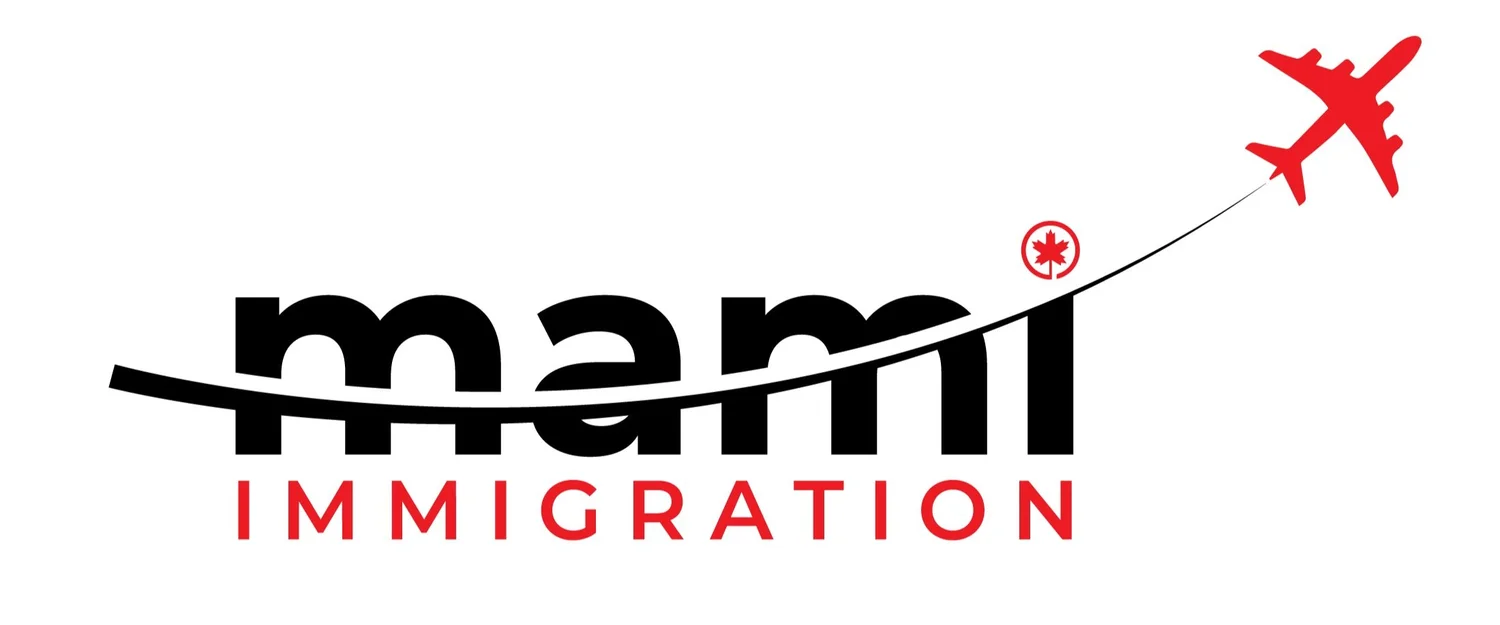Working in Canada - Work Permits & Permit Exemptions
Why should I work in Canada?
Working in Canada offers diverse opportunities across various sectors, attracting international talent. To work legally, a work permit is typically required. Certain exceptions may apply, allowing individuals to work in Canada without a work permit. Canada is known for its inclusive workplace culture, access to public health care, and various social benefits. Additionally, working in Canada can provide a pathway to permanent residency, making it an attractive option for many individuals seeking to build a future in a stable and diverse environment.
What paths do I have?
Working in Canada through immigration offers a range of opportunities for foreign nationals looking to establish their careers in a diverse and multicultural environment. Canada has implemented various immigration pathways that allow skilled workers, temporary workers, and other categories of individuals to work legally while contributing to the country's economy.
Types of Work Permits
Temporary Work Permit: This permit allows foreign workers to take a job in Canada for a specific duration, typically tied to the needs of an employer.
Open Work Permit: This type of permit provides individuals the flexibility to work for any employer in Canada, with certain exceptions. It is often available to spouses of skilled workers or international students.
Employer-Specific Work Permit: This permit is tied to a specific employer and job offer, meaning the individual can only work for that employer in the position specified in the application.
Post-Graduation Work Permit: International students who have completed a program at a recognized Canadian post-secondary institution can apply for this permit, allowing them to gain valuable Canadian work experience.
Labour Market Impact Assessment (LMIA)
The Labour Market Impact Assessment (LMIA) is a document that an employer in Canada needs to obtain before hiring a foreign worker. It assesses the impact a foreign worker would have on the Canadian labour market. An LMIA is typically required to ensure that there is no Canadian citizen or permanent resident available for the job in question.
LMIA Exemptions
Certain work permits may be exempt from the LMIA requirement, including:
International Agreements: Workers covered under trade agreements, such as NAFTA or CETA, often do not require an LMIA.
Intra-Company Transfers: Employees transferred within the same company to a Canadian branch may be exempt.
Significant Benefit: These permits are granted when the employment of a foreign national is believed to provide significant benefits to Canadians, such as creating jobs or enhancing cultural exchange.
International Students: As mentioned, graduates from designated learning institutions may work under specific conditions without needing an LMIA.
This framework allows foreign workers to engage with Canada's economy while balancing the needs of domestic labour markets.
With so many options and requirements, the easiest way to determine your path to working in Canada, and the possibility of permanent immigration, is by working with our trusted professionals. Complete the assessment below to get started.

